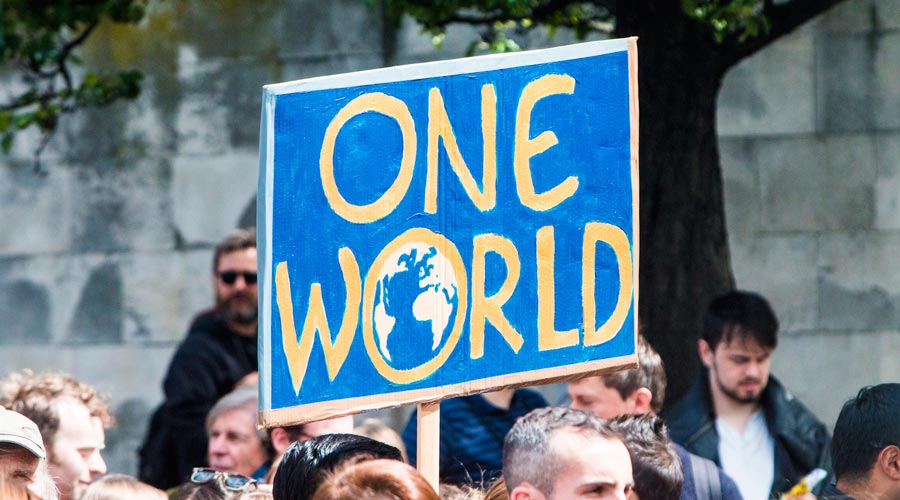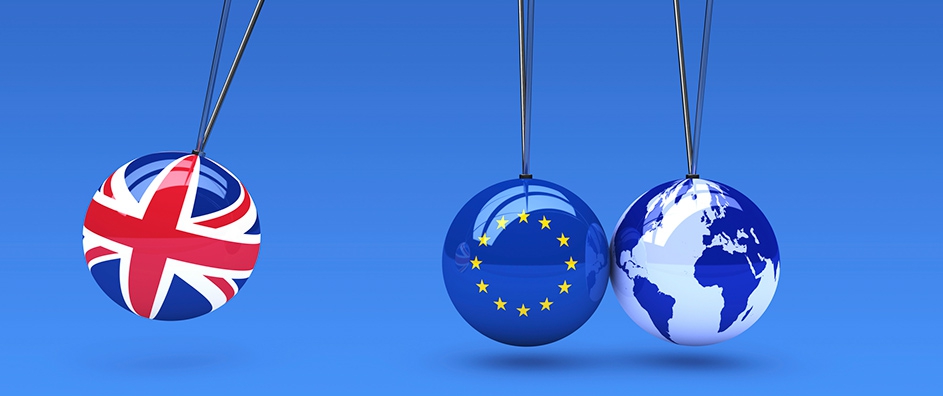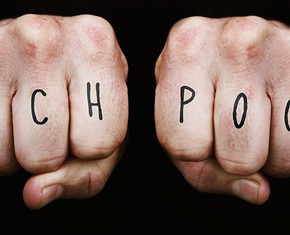The views expressed in our content reflect individual perspectives and do not represent the authoritative views of the Baha'i Faith.
By now you’ve heard plenty on the news about Brexit. Hundreds of articles, news reports and opinions have covered the referendum question: “Should the United Kingdom remain a member of the European Union?”
So now that most of the shouting has died down, let’s review. The United Kingdom has four national entities—England, Scotland, Wales and Northern Ireland. Here’s how they voted:
England 53.2% to 46.8%, Leave
Scotland 62% to 38%, Remain
Wales 51.7% to 48.3%, Leave
Northern Ireland 55.7% to 44.3%, Remain
Essentially, England and Wales decided to go it alone, to retain full sovereignty over their nations, while Scotland and Northern Ireland chose to retain the benefits of full EU membership by ceding part of their own rulemaking authority.

A group of people protesting the result of the EU Referendum in the UK
In the Baha’i view, without ceding some sovereignty rights to a world authority, or in this case, a limited federalized political body, humankind will remain in the throes of disunity and self-destruction.
That’s not to say that every union, whether 50 states in the U.S. or other political unities, began perfectly or operates seamlessly. We here in the States still try to form “a more perfect union” every day. When European countries started to cooperate economically in 1951, only Belgium, Germany, France, Italy, Luxembourg and the Netherlands participated. Now there will be 26, not 28 European Union member states, and loud voices, especially in the Netherlands and France, urge those nations to do what the United Kingdom has just done.
Now we will see how history views their decision, and what effects will occur. Already the British Pound has suffered significant value loss in the markets, and the United Kingdom itself is questioning the wisdom of pulling out of the EU permanently.
The Baha’is and others have known for some time that diplomatic unification of peoples and nations has become a necessary, critical process toward permanent world security and peace. As early as 1941 the Guardian of the Baha’i Faith, Shoghi Effendi, wrote about the dangers of exalting nationalism above international peace and unity:
The theories and policies, so unsound, so pernicious, which deify the state and exalt the nation above mankind, which seek to subordinate the sister races of the world to one single race, which discriminate between the black and the white, and which tolerate the dominance of one privileged class over all others — these are the dark, the false, and crooked doctrines for which any man or people who believes in them, or acts upon them, must, sooner or later, incur the wrath and chastisement of God. – The Promised Day is Come, pp. 113-114.
A return to isolationism, or a backward march toward “the good ole days” of pure nationalism is a chimera. It cannot be done in a globalized world. Every understanding person knows the old, obsolescent doctrine of pure national sovereignty will never succeed in a shrinking world governed by constant change. In the 21st century, a century of light, globalization is the road to life, as so evidenced by economic realities and banded unities such as the World Trade Organization.
The Baha’i teachings equate nationalism with war, and advocate an ongoing process of global unification to counter the chaos of pure national sovereignty:
Contrasting with, and irreconcilably opposed to, these war-engendering, world-convulsing doctrines are the healing, the saving, the pregnant truths proclaimed by Baha’u’llah, the Divine Organizer and Savior of the whole human race — truths which should be regarded as the animating force and the hallmark of His Revelation: “The world is but one country, and mankind its citizens.” “Let not a man glory in that he loves his country; let him rather glory in this, that he loves his kind.” And again: “Ye are the fruits of one tree, and the leaves of one branch.” “Bend your minds and wills to the education of the peoples and kindreds of the earth, that haply … all mankind may become the upholders of one order, and the inhabitants of one city…. Ye dwell in one world, and have been created through the operation of one Will.” “Beware lest the desires of the flesh and of a corrupt inclination provoke divisions among you. Be ye as the fingers of one hand, the members of one body.” And yet again: “All the saplings of the world have appeared from one Tree, and all the drops from one Ocean, and all beings owe their existence to one Being.” And furthermore: “That one indeed is a man who today dedicateth himself to the service of the entire human race.” – Ibid., p. 114.
“Loves his kind” has been interpreted by many, too many, over 17 million in the case of Brexit, to mean only one’s countrymen—at the expense and detriment of others.
I for one hope that the native England of my wife’s war-bride mother will survive and thrive, somehow, and regain its senses. Perhaps we will see a Referendum such as: “Can we regain our position as one unified nation among a group of unified nations?”
Yes, there may have been “good ole days” for some; but certainly not for all Americans or British or any other people. I for one, and many others, look forward to and work hard for better tomorrows, not a return to a mythical yesterday.
You May Also Like
Comments

















Looking at the Brexit vote reveals a division, but not necessarily an anti-global stance. I believe that the EU may not be the avenue to a coherent and fair system , and I don't think Brexit voters should be thought of as anti-global or nationalistic. Every effort towards globalization should be thought of as an experiment.